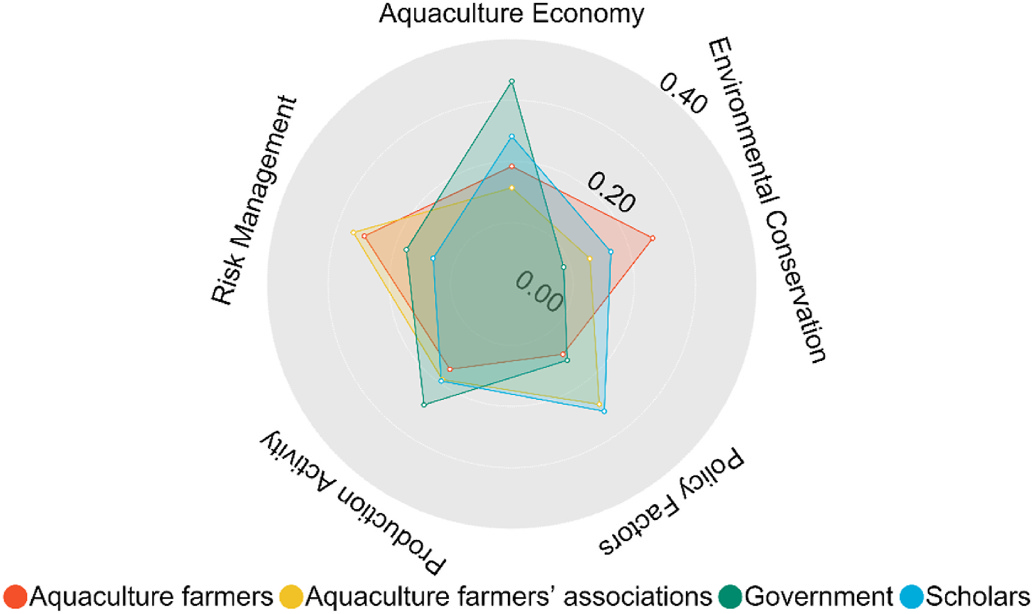June 1, 2021 | Energy Policy | Source |
Introduction: Taiwan has been advancing its renewable energy projects, including a policy that combines photovoltaics (PVs) with fishponds, known as aquavoltaics. This initiative aims to address Taiwan’s limited land resources by installing solar panels over fishponds. The policy seeks to slow the decline in aquaculture production and provide additional benefits for small-scale farmers while supporting industrial development. Researchers from National Taiwan Ocean University partner with Fisheries Research Institute in Taiwan explore and assess the effects of the aquavoltaics policy on Taiwan’s aquaculture industry.
Key findings: The research highlights several issues arising from the policy's implementation. Landowners exploited fishpond areas, leading to increased fishpond prices and negative impacts on farmers, tenants, and the environment. These problems also jeopardized the sustainable development of the aquaculture sector. The study reveals that farmers, landowners and officials have divergent opinions on the policy’s effects. To address these challenges, the research recommends that the government enhance communication and better engage with stakeholders. This approach can help mitigate risks for aquaculture farmers and support sustainable development, potentially establishing a model for integrating renewable energy with agricultural practices.

Figure | Effects of the aquavoltaics policy on aquaculture, based on the perspectives of different stakeholder groups.





